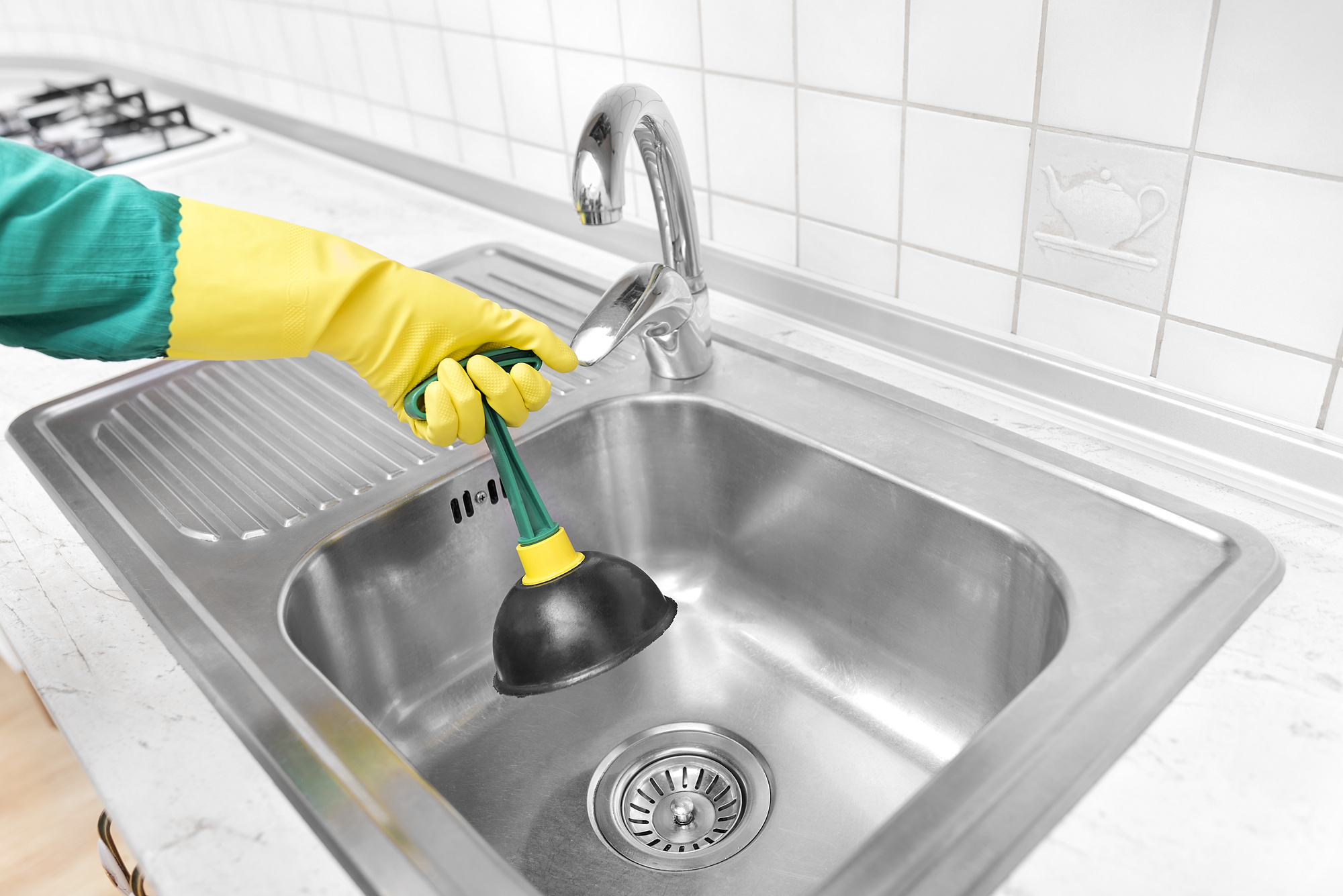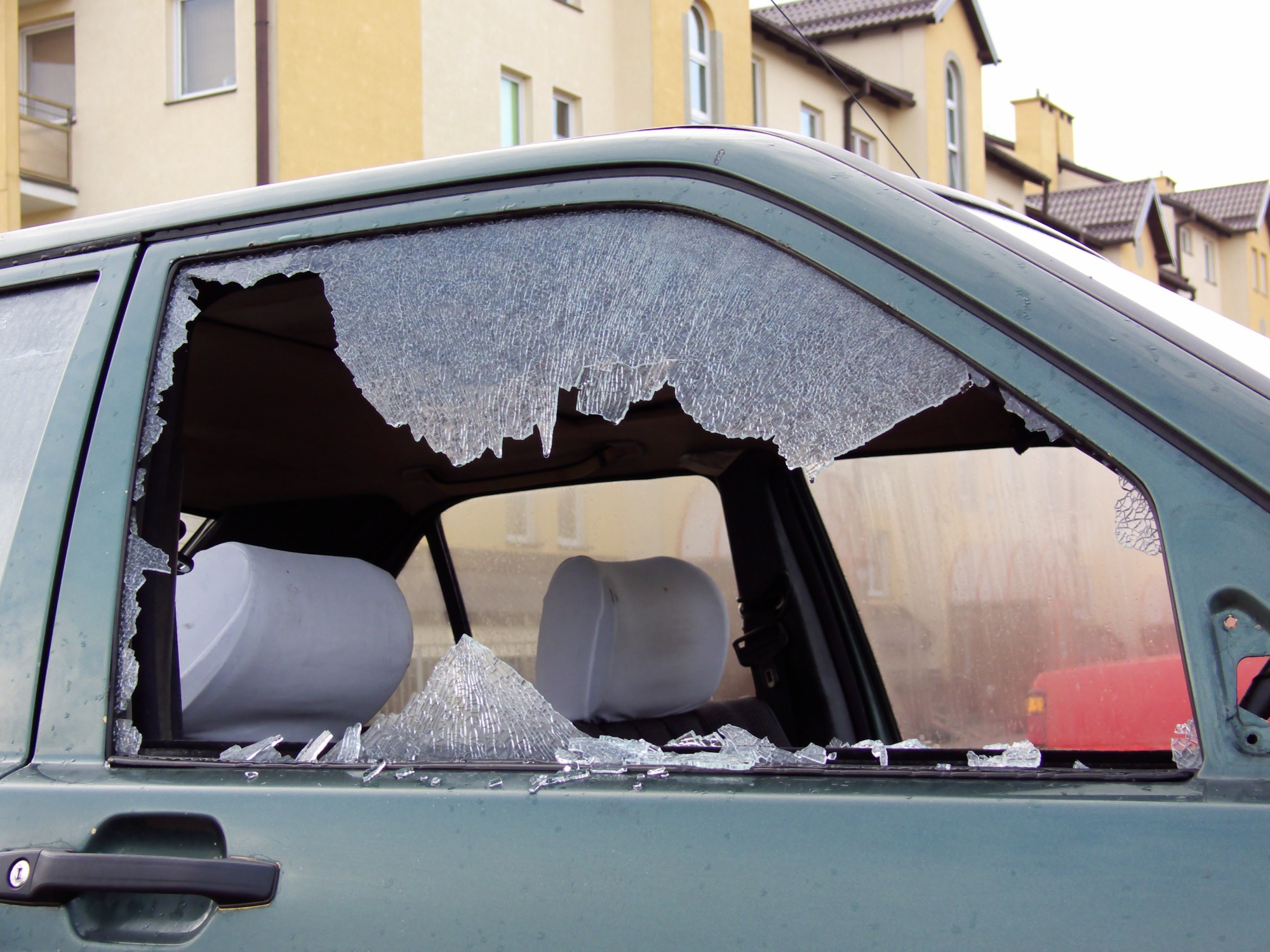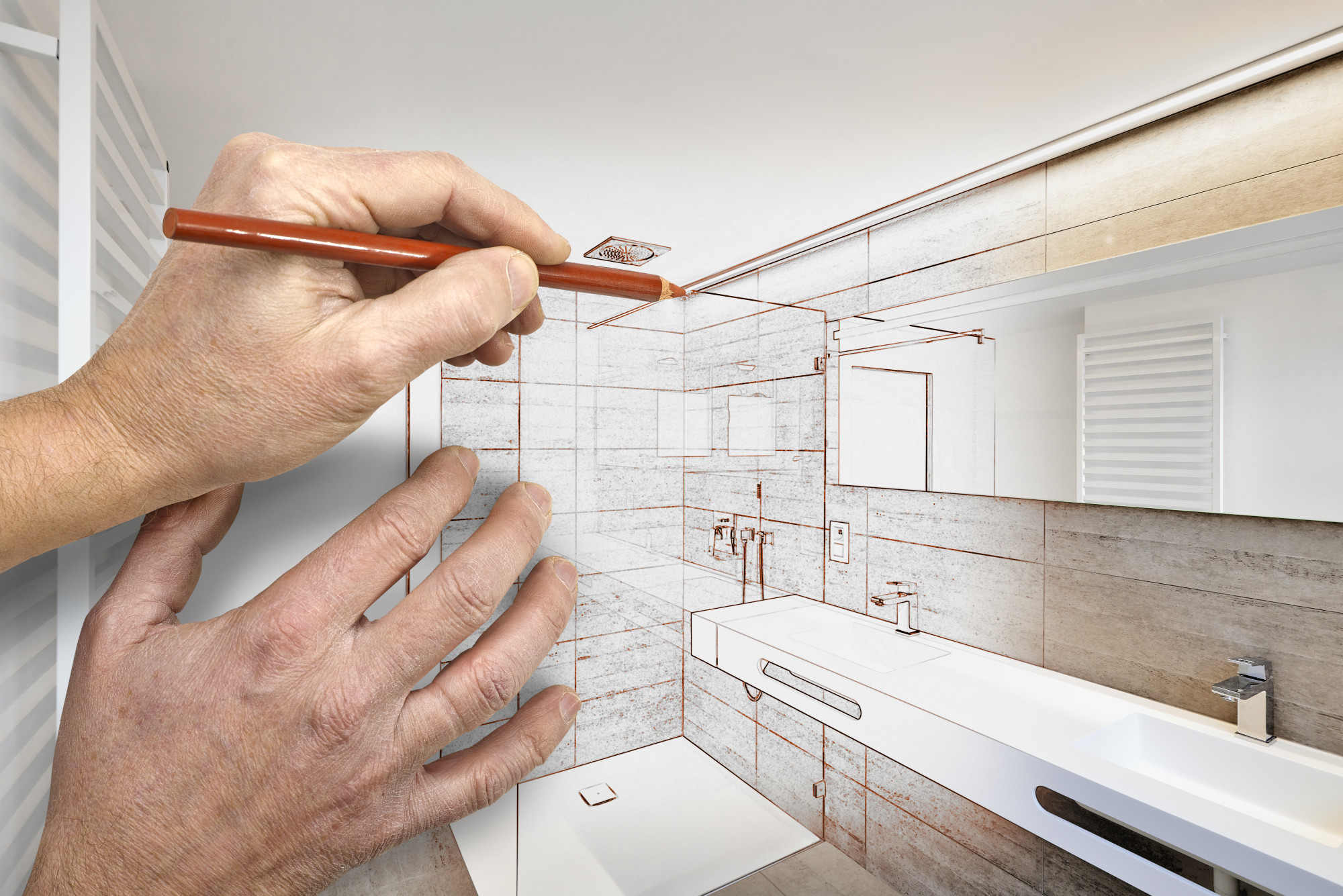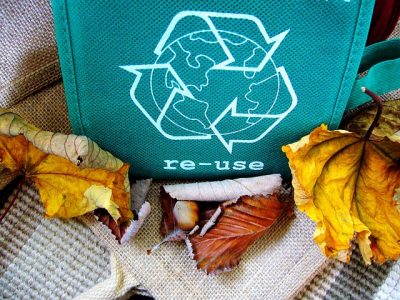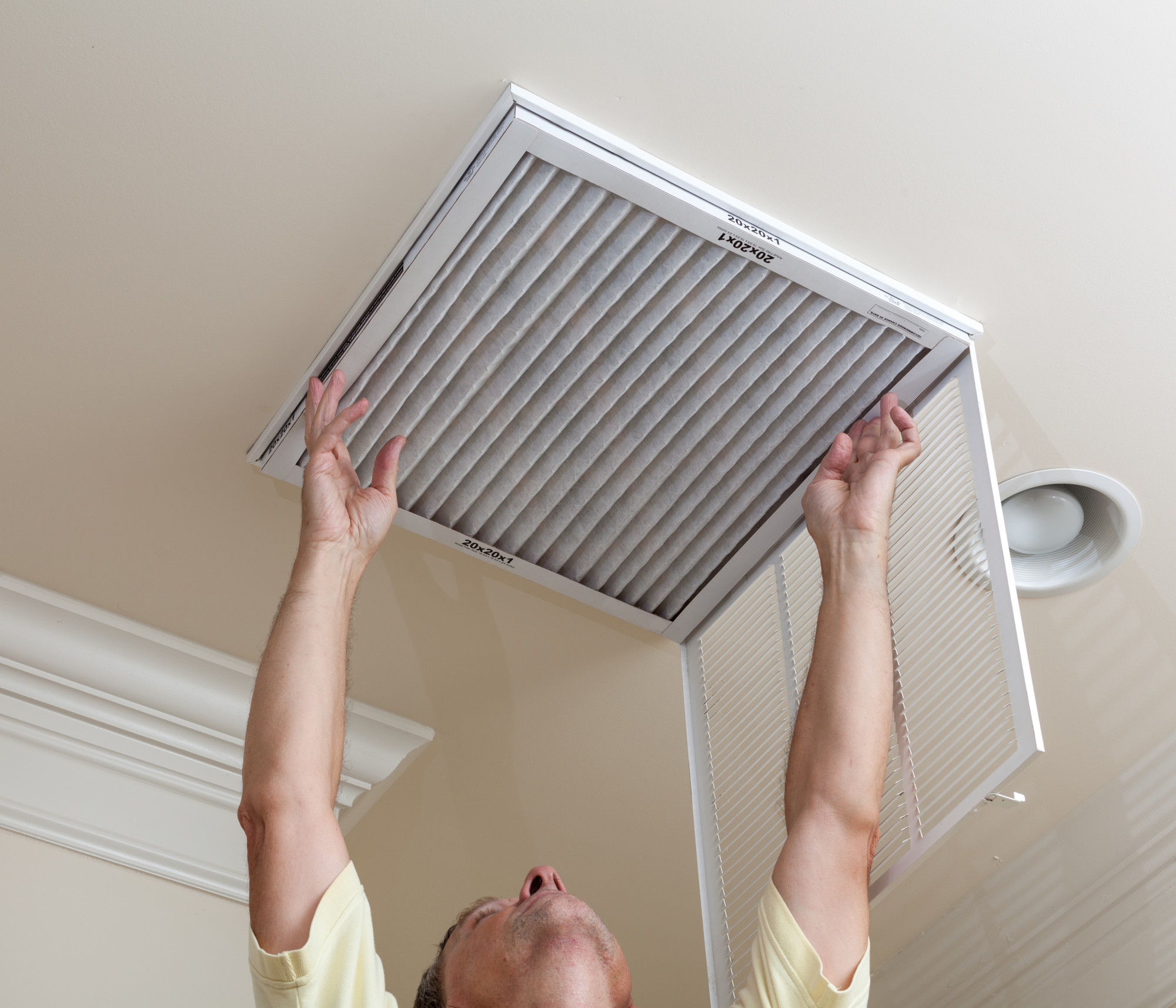It’s every business owner’s worst nightmare: an overflowing drain that floods carpeting, furniture, and other fixtures with dirty wastewater. Not only are you wasting water, but your next high water bill will be paired with costly plumbing repairs and water restoration!
When you take the time to prevent clogs and leaks in advance, you save yourself from tackling this type of headache. But if you’ve never taken the time to prevent clogged drains before, where should you start? Here’s what you should know about maintaining your commercial plumbing.
Invest Time and Effort in Plumbing Maintenance
If you haven’t recently done a risk assessment for your business’s plumbing, you’ll want to do one as soon as possible. Are your pipes showing signs of wear? Do any plumbing components need to be replaced?
As you assess your plumbing, allow yourself to look around with a critical eye out for the following:
- Neglected grease traps
- Worn, rusty, or corroded pipes
- Anoutdated water heater
- Exposed or improperly sized pipes
- 可怜的食物废料或油脂管理
If you aren’t sure what to look out for, feel free to contact a plumber. An expert can help you decide which parts of your plumbing system put your business most at risk.
Know How to Control Clogged Drains
Clogged drains can be a major concern for business owners. When your staff doesn’t have the proper training on food waste management, it can lead to a buildup that clogs your entire system.
Avoid costly damages by investing in better food waste management techniques. For example, consider fixing any faulty grease traps or drains, and invest in a commercial sink strainer. You may also want to opt for acommercial food scrap collector保持食物out of your sink entirely.
You’ll also need to train employees on several new best practices if they aren’t already following them.
These best practices should include scraping food from plates, proper disposal of food scraps, and where to put fats and oils. You should also explain the use of your garbage disposal and the types of drains suitable for grease. Once food disposal is complete, employees should be able to properly clean a sink, and they should also know how to clean your business’s grease lines.
Again, a qualified plumber may be able to help if you yourself aren’t sure of these things!
Stop Wasting Water and Avoid Costly Damages
If you want to stop wasting water with leaky, clogged, and overflowing plumbing, a little research and planning can help. Inspecting your commercial property for potential risks, maintaining your plumbing, and taking steps to minimize clogs will go a long way in keeping your business running strong. Get started today to avoid costly waste, emergencies, and downtime!
Looking for more of the tips you need for a healthy business? Check out our other posts for more insights.

